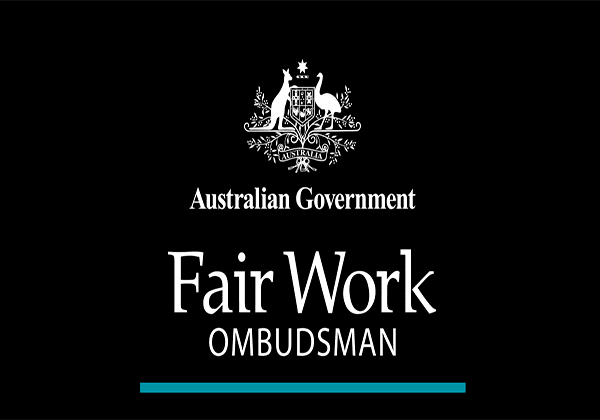Every year, competition to secure internships at Australia’s top companies runs high. Given the limited opportunities that exist for paid internships, out of desperation, many students choose to undertake their internship unpaid.
But are unpaid internships lawful? According to the Fair Work Ombudsman, unpaid internships are only lawful if they are vocational placements that enhance students’ studies by helping them gain industry experience. Universities often approve students to complete unpaid work experience at a company, hospital, school or other place of work, for which the university will pay for the student’s insurance. In this case, unpaid internships are lawful, regardless of whether an employment relationship exists.
By comparison, unpaid internships are illegal. For instance, if a student is working at an accounting firm for three days a week, preparing tax returns and company financials, and the firm charges its clients for the work performed, the student should be paid.
The same goes for unpaid trials. They’re lawful only if they are designed to demonstrate the person’s skills relevant for the position, such as one unpaid “test” shift before hiring. Somebody who is undertaking an unpaid trial must also be under the direct supervision of another employee for the duration of the trial.
Despite these Fair Work regulations, there are many employers out there who are guilty of exploiting fresh graduates through unpaid trials. For some students, these trials go on for much longer than one shift. This is especially so for international students who aren’t sure of their rights. Sometimes the unpaid trials can go on for 3 months, or even 6 months.
For example, Sheila* applied for a Marketing and Administration Assistant position at a company. The manager initially told her that since she had just graduated and had no experience, they would give her an initial three-month unpaid trial, which would serve as her probation period. If she performed well, she would then be taken on as a paid employee, and receive an annual salary of $40,000 per year.
For the duration of her unpaid trial, Sheila did her best by performing various administration, social media, marketing, and search engine optimisation tasks. However, towards the end of the three months, the manager told Sheila that her performance did not meet expectations, and she was fired with no pay and no reference. Sheila was blindsided; she thought her performance had been diligent and up to standard. It was only after talking to a friend and consulting the Fair Work website that Sheila realised she might have just been cheap labour to the company, and that the manager would do this again to another unsuspecting student.
After Sheila realised that she should have been paid, she contacted the company again. The manager initially offered to pay her through an ABN by naming her as a contractor. However, by engaging in an unpaid trial that should have been paid, Sheila established that she had an employment relationship with the company. She decided to fight for her rights by seeking help from the Fair Work Commission, after which she was paid the lawful amount. Thus, an individual should understand that unpaid trials or being classified as a contractor is illegal.
Another sly tactic used by many unscrupulous employers is attempting to hide or remove all evidence of the employee working at the company, when an employee confronts them for payment. For example, after working unpaid for a company for several months, Bob* approached his employer. However, the employer denied that he had worked at the company, pretended not to know him, and blocked his mobile number. Bob is still waiting on payment until this day.
All unpaid trials that last more than just a shift are illegal. Be sure to consult the Fair Work Ombudsman’s guidelines, or check with your university’s career services to find out what your rights are.
* Name has been changed to protect identity





